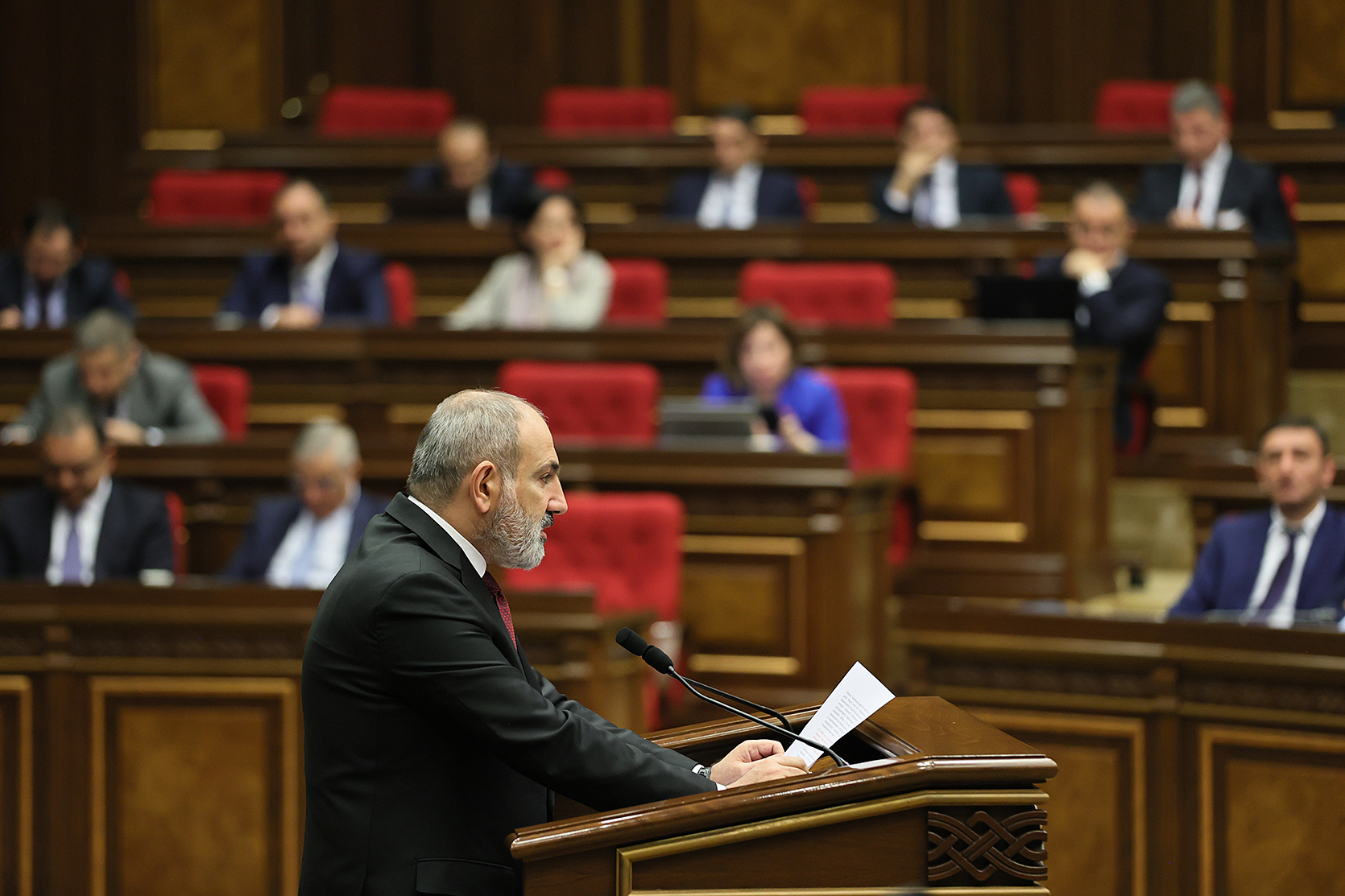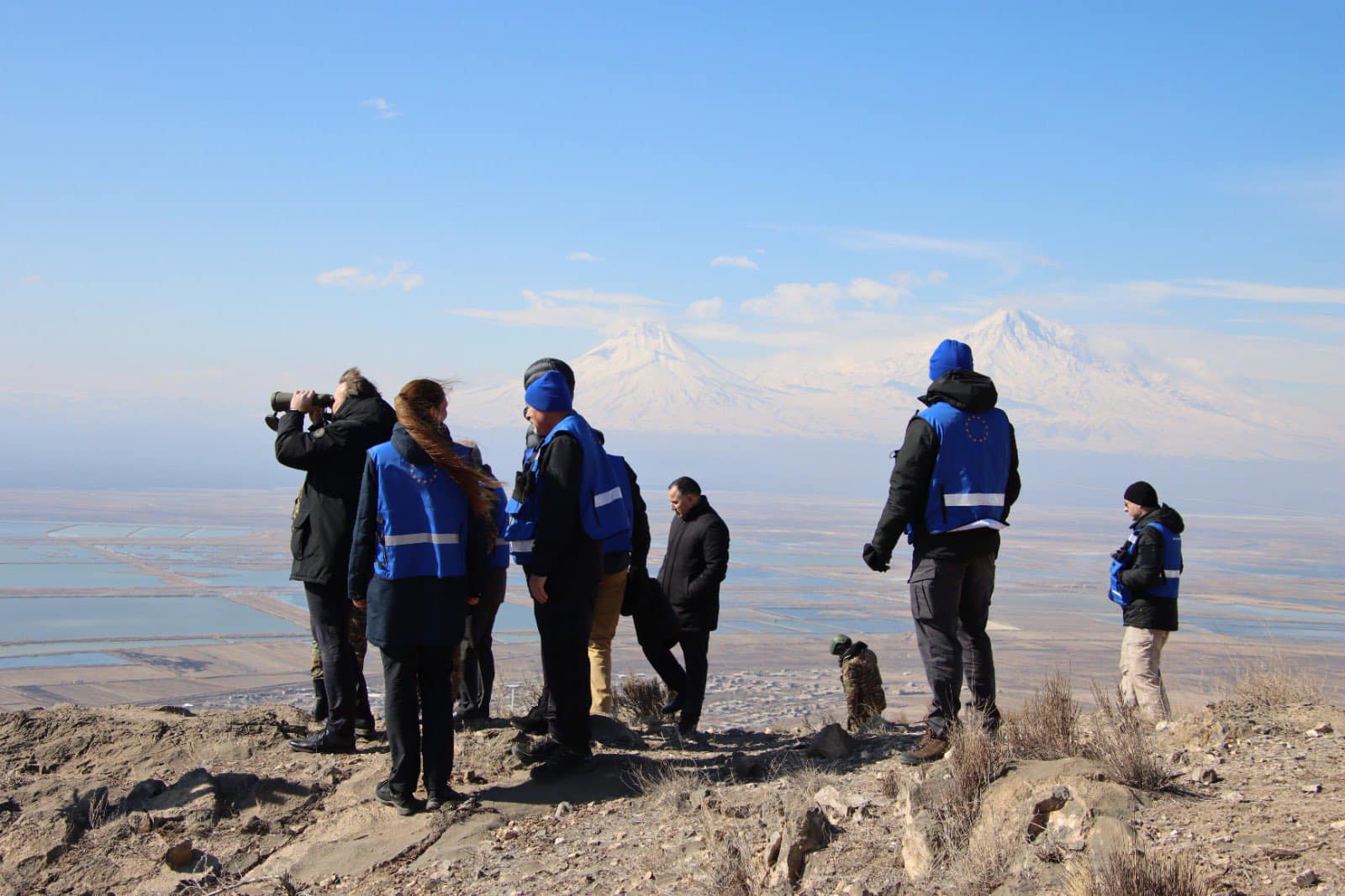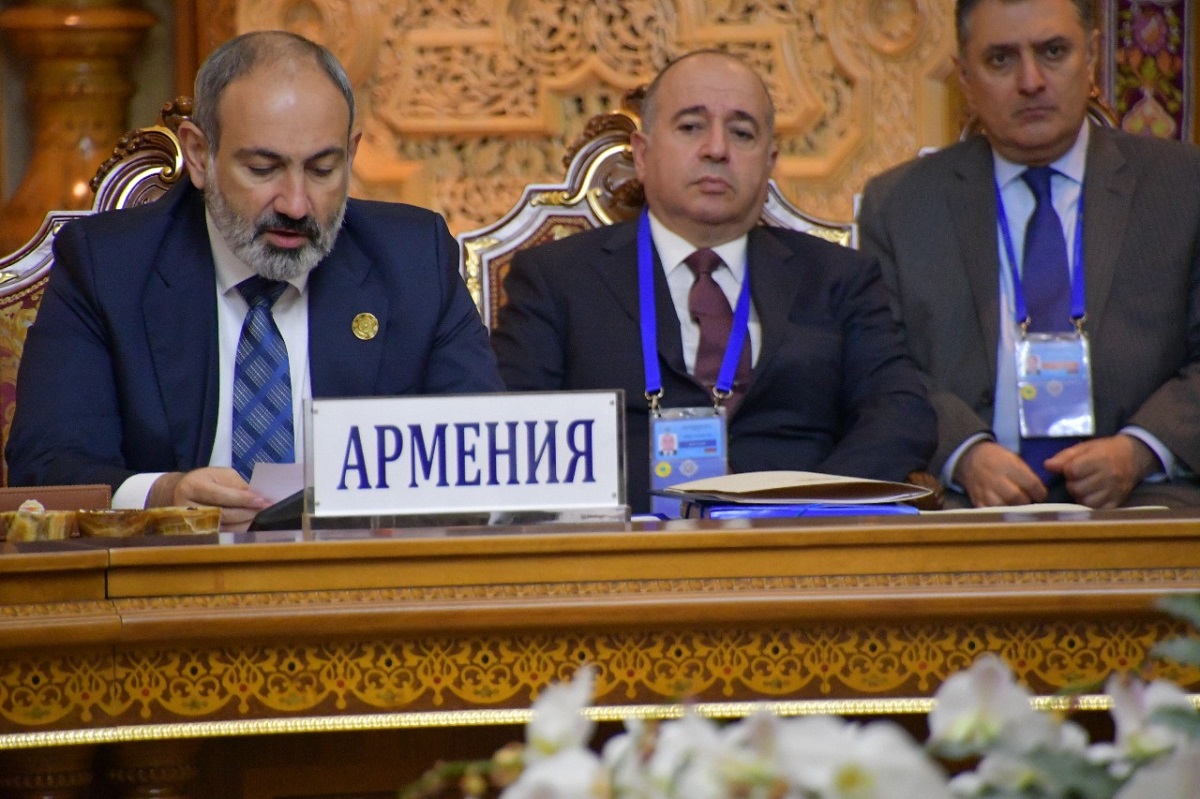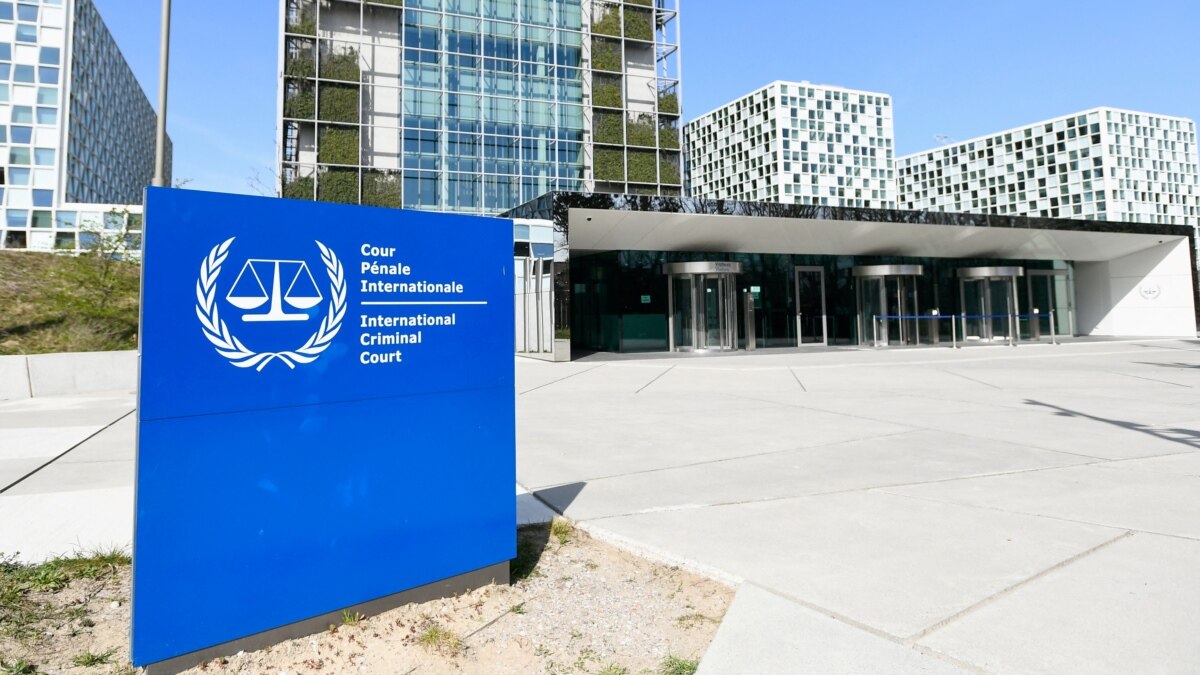Armenian-Azerbaijani talks in Washington, but what comes next?
Mirzoyan-Bayramov talks in the USA
Negotiations between the foreign ministers of Armenia and Azerbaijan continue in the US through the mediation of US Secretary of State Anthony Blinken. The details of the talks, which began on May 1, have not been disclosed; only minimal information is being conveyed from Washington.
The State Department reported that the meeting was taking place in a “constructive atmosphere.” The parties are also refraining from lengthy comments. The Armenian Foreign Ministry announced that, according to the preliminary plan, May 4 is the last day of negotiations.
“Issues related to the security situation in the region and the process of normalization of relations between Armenia and Azerbaijan were discussed. The humanitarian situation that has developed as a result of the illegal blocking of the Lachin corridor by Azerbaijan was mentioned,” the statement of the Armenian Foreign Ministry reads.
Meanwhile, Russia has already announced that the reduction of tension in the region “first of all is possible on the basis of those trilateral documents that were signed together with Russia.” Press Secretary of the President of Russia Dmitry Peskov said that so far these “documents are absolutely uncontested.”
There is also information that the Washington meeting will be followed by negotiations mediated by Moscow. Armenian Foreign Minister Ararat Mirzoyan, before leaving for Washington, said that for Yerevan “there are no differences between the platforms, the peace process is the same, the negotiations are around one draft peace treaty, in fact the negotiations are the same.”
But local analysts believe that these theses are “incorrect, false and dangerous for Armenia” — “we are talking about completely opposite, mutually exclusive goals of the mediators”.
- Azerbaijan installs checkpoint at entrance to Lachin road. Information and comments from Baku and Yerevan
- “Azerbaijani citizen killed the plant’s security guard” – Armenian Prosecutor General’s Office
- “We will live in our Motherland”: reaction to Aliyev’s speech
- Ilham Aliyev: “Either they will live under the flag of Azerbaijan, or they will leave”
Information from Washington
According to information coming from the US, Secretary of State Anthony Blinken considers the dialogue between Yerevan and Baku “the key to achieving lasting peace in the South Caucasus.” The foreign ministers of Armenia and Azerbaijan are reportedly “working together to achieve a peaceful future for the South Caucasus region.”
“We believe that peace between these two countries is possible and we are happy to accept them. We expect peace and stability between these two countries and in the territory of Nagorno-Karabakh,” US State Department Deputy Spokesman Vedant Patel said.
He also said that a number of American diplomats are involved in the negotiation process:
“Senior Advisor for Caucasus Negotiations Lou Bono is significantly involved not only in these meetings, but also as part of his work in the South Caucasus. You know that Secretary Blinken took part in the first plenary session and met with ministers over dinner. So we continue to be significantly involved.”
When asked about the extent to which it is possible to merge the positions of the parties following negotiations in the United States, Patel preferred to refrain from “hypothetical assumptions.”
To a question from Radio Azatutyun (Liberty) about whether issues related to Nagorno-Karabakh are being discussed during the talks, the following answer was received from the US State Department:
“Official Washington asked Baku and Yerevan to consider how best to protect the rights and security of the people of Nagorno-Karabakh. The issue of the rights and security of the population of Nagorno-Karabakh is a key issue in the conflict between Armenia and Azerbaijan. The only way to find a lasting solution to a conflict that has claimed too many lives and lasted too long is for these people to finally feel safe in their homes, with their rights protected.”
The State Department gas not provided any other details on what issues Ararat Mirzoyan and Jeyhun Bayramov are discussing. There is only a report that the ministers are discussing a project called “Agreement on the resolution of relations.”
Comments of deputies from the ruling party
Armenian journalists tried to find out if the “Agreement on the resolution of relations” is a peace agreement which is expected to be signed. MP from the ruling party Arman Yegoyan confirmed that this is the same document that has been talked about for some time.
When asked about the name change, the deputy replied: “To answer this question, I would have to reveal substantive details.” He refused to comment in more detail on when and in connection with what the name of the document was changed, as “this will mean a substantive discussion about its content.”
Another deputy from the government, secretary of the Civil Treaty parliamentary faction Artur Hovhannisyan, said that the renaming of the peace treaty took place by mutual agreement with Azerbaijan and “does not contradict the content and goals of the process that existed before.”
The head of the parliamentary commission on foreign relations, Sargis Khandanyan, was asked by journalists whether there would be confusion if the parties went to talks in Moscow after the meeting in Washington, to which he replied:
“From the point of view of Armenia there is no confusion, Armenia clearly knows what it wants, always and on any platform upholds these principles. This is ensuring peace in the region, protecting the security of Armenia’s borders, sovereignty, territorial integrity, protecting the rights and security of the Armenians of Nagorno-Karabakh, regardless of the platform.”
Commenting on Peskov’s statement regarding the talks in the United States and the lack of alternatives to the trilateral documents signed with the mediation of Russia, Khandanyan said:
“The document of November 9 is certainly very important. And it is very important that many of the provisions prescribed there are respected. But the question here is also why Mr. Peskov does not say, why Russia does not guarantee the provisions guaranteed by the tripartite declaration of November 9, in particular unimpeded movement along the Lachin corridor, the return of Armenian prisoners, etc.”
Political scientist’s comment
Political scientist Ruben Mehrabyan commented on the statement of the Armenian authorities that Yerevan does not differentiate the platforms where the peace agreement with Azerbaijan is being discussed. He says the ruling party claims that there is no difference where the negotiations take place, and there is no difference in their content. Mehrabyan himself believes that “both theses are incorrect, false and even dangerous” for Armenia, even if they are made as a “diplomatic statement” that does not express a real assessment:
“There is not so much a difference, but an abyss, since we are talking about completely opposite, mutually exclusive goals. At least for us [the Armenian side].
As a result of the expected results from the negotiations taking place on the western platform, Armenia, having yielded in some things, should receive
- strengthened independence and sovereignty,
- reducing the “need” of Russia,
- expansion of the field of possibility of independent steps,
- development prospects.
Russia will increase its presence in the region, primarily in Armenia, turning its “necessary” into “irreplaceable”.
The independence, democracy and sovereignty of Armenia disappear.
Forget about development, get used to Gazelle, Cheburnet and other Russian garbage in fulfillment of “your obligations within the framework of the EAEU” [an economic union operating under the leadership of Russia, Armenia is a member of it]. And the key-keepers with the train of a thieves’ company will come to power [in Armenia].
Not to mention the fact that peace negotiations are underway on the western platform, and in the case of Russia it will not be peace, but a controlled “non-peace”, the control panel of which will be conditionally in the hands of Kopirkin-Lentsov-Safonov-Ivanov.
This bazaar will continue until you [meaning the Armenian authorities] take away the gun that is pointed at the head of Armenia — fascist detachments scattered along the Armenian-Azerbaijani border, which, taking advantage of the weakness of Armenia, wrested from the government a decision on the “legality” of their deployment. Now it’s time to return this herd to the barn before our head is crushed.
Be aware and, by decision of the government, return them [the Russian military] to your garrison until there is a final decision on this issue. And start a conversation with Tehran about gas, with Brussels about the accelerated implementation of the 2013 agreement.
Before the 2013 Eastern Partnership Summit, Yerevan refused to sign the Association Agreement with the EU. At that time, Armenian President Serzh Sargsyan, visiting Moscow, announced that Armenia was joining the Customs Union, which later became the Eurasian Economic Union (EAEU).
It is needless to repeat that the so-called “Russian platform” must be avoided.
Ratify the Rome Statute [appeal to the Armenian authorities]; you will bring trouble to all of us if you do not firmly hold on to the Western platform.
Those same “research-professional-expert” platitudes like “what if the Russians won’t allow it”, “what if there are no Russians”, “but on earth … [there are only Russians in the region]”, etc. not important. Send all this clockwise, neutralize this rabble in red shorts, get rid of this evil at the state level – at least to the level and clarity of Moldova, and then we will have a chance for a decent world.
Otherwise we get guarantees of Russian chaos, chaos that the Russians will impose on us with your hands and hang the blame on your neck.”
Follow us – Twitter | Facebook | Instagram
Mirzoyan-Bayramov talks in the USA






















